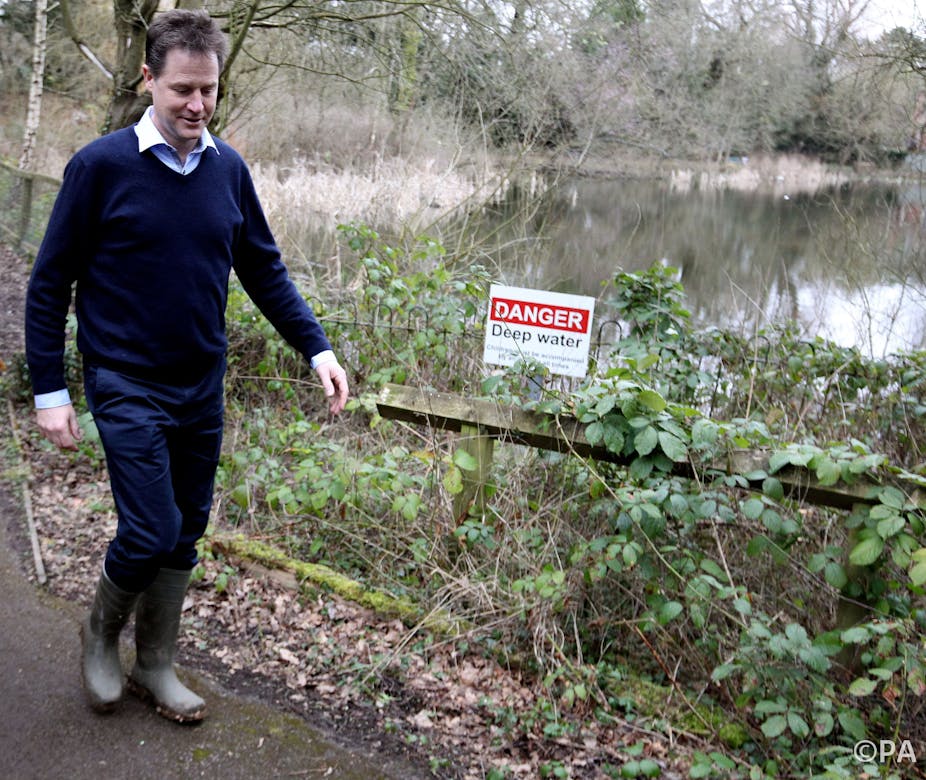The Liberal Democrats environmental policies are divided evenly between environment, nature and climate change.
The Lib Dems’ climate theme is headed “building the green economy” and incorporates commitments to a zero-carbon Britain; tackling high energy bills; and green homes. Green economy employment is then suggested to arise from ensuring every home is properly insulated by 2035 and 250,000 jobs through the continued shift to renewable energy. The party’s ambition for the UK “to be as close to zero carbon as possible by 2050” arguably goes beyond the targets set by the Climate Change Act but the two caveats in this statement (“ambition not pledge” and “as close as possible”) take away much of its impact.
The commitments to tackling energy bills (slightly bizarrely given that it’s in the climate section) do not mention climate issues and instead emphasise wresting control of the UK’s energy market from the Big Six energy companies by encouraging small energy suppliers. In essence, the Liberal Democrat climate policies take few major financial or political risks and broadly follow the Intergovernmental Panel on Climate Change’s assessments and commitments made by the other major parties. They contain only one arresting policy, to earmark half the tax revenues from shale gas production for a low-carbon transition fund, suggests support for fracking buried in the finance section of delivering a low-carbon Britain.
The policies on environment and nature move into relatively novel territory compared with the other main parties but appear to be mainly gesture politics.
The commitment to plant a tree for every child born in the UK sounds impressive but is actually pretty modest. Taking annual UK births (700,000 in 2013) and Woodland Grant Scheme planting densities of 2,500 trees per hectare, around 280 hectares would be forested each year, a fraction of the UK’s current forest cover of 3.1 million hectares and even the 13,000 hectares of new woodland created in the UK in 2013-14. The appeal therefore relates mainly to creating a greater sense of ownership.
Extending the “right to roam” act to give anyone access to most land and inland water areas is likely to be trenchantly opposed by landowners and may produce adverse effects on wildlife and heritage sites if not carefully managed, while the right to cross golf courses may lead to more than just political pain.
Finally, the creation of a nature law to give the Natural Capital Committee permanent legal status and the right to set targets for improving air and water quality, habitats for wildlife and plants, and waste is difficult to distinguish from the swathe of European Union environmental law that the UK is already obliged to implement.
Summing up, the Liberal Democrats’ environmental policies try to give the impression of being radical but with the exception of its access to nature and fracking policies, there seems to be little that will stir the passions.
The Conversation’s Manifesto Check deploys academic expertise to scrutinise the parties’ plans.

